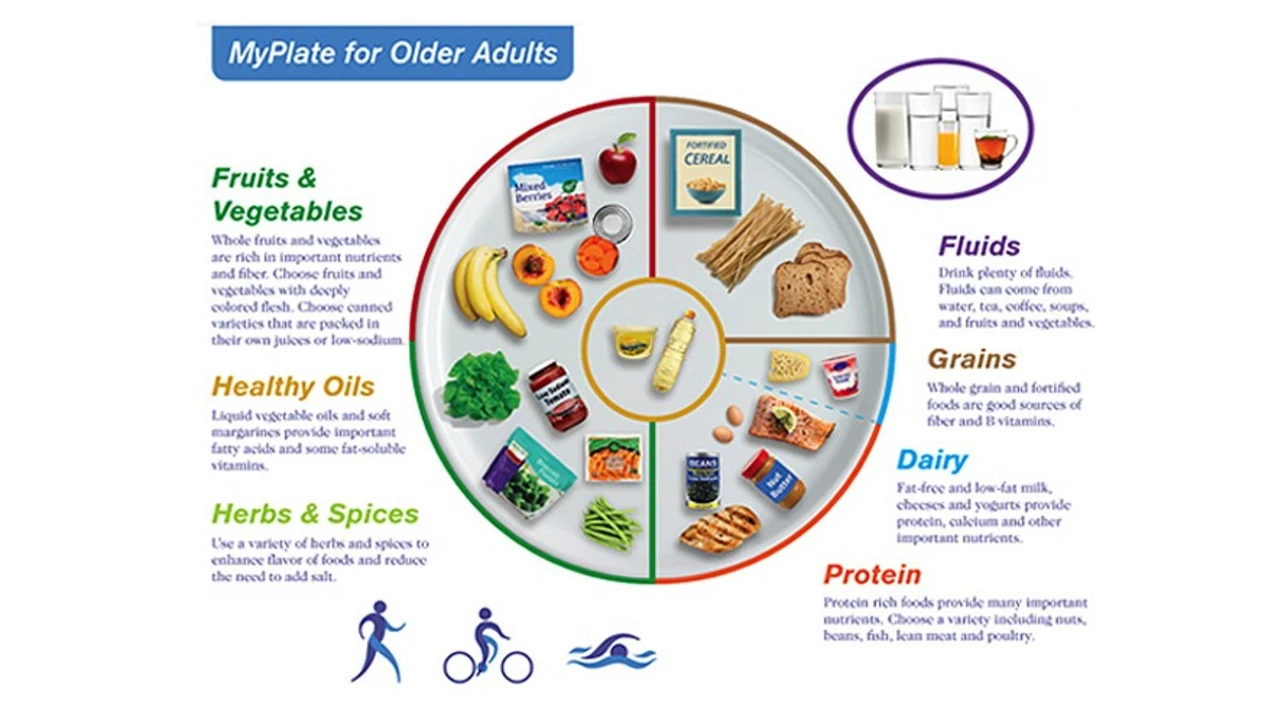Dietary supplements: what they do and how to pick the right ones
Dietary supplements can be useful, but they’re not magic. Think of them as tools to fill gaps in your diet, help certain conditions, or support recovery. That can mean vitamin D for low sun exposure, omega-3s for people with little fish intake, or a probiotic after a course of antibiotics. Knowing what you need and how to choose safely matters more than chasing the newest trend.
How to choose a quality supplement
Start with the label. Look at the Supplement Facts, not just marketing. The active ingredient, dose, serving size, and other ingredients should be clear. Prefer supplements that list the exact milligrams or micrograms for each nutrient. Avoid vague "proprietary blends" that hide amounts.
Check for third-party testing. Seals from USP, NSF, or ConsumerLab mean the product was tested for purity and content. Those seals aren’t perfect, but they’re better than nothing. Also check expiration dates and storage instructions—some vitamins lose potency over time or with heat.
Read reviews but weigh them carefully. Look for verified buyer reviews and watch for a pattern of complaints about side effects or fake shipments. If you buy online, confirm the seller has a clear return policy, contact info, and secure checkout (https://). Beware of super-cheap offers that promise high doses for pennies—those are often low quality or fake.
Safety, dosing, and interactions
More isn’t always better. High doses of fat-soluble vitamins (A, D, E, K) can build up and cause harm. Follow recommended doses on the label or your doctor’s advice. If you’re pregnant, nursing, have kidney disease, or take prescription meds, check with your clinician before starting anything new.
Watch for interactions. Vitamin K can change how warfarin works. St. John’s wort can reduce levels of many drugs, including some antidepressants and birth control. Fish oil can thin blood at high doses—tell your provider if you’re on blood thinners. Keep a list of all supplements and prescriptions in one place so you can review interactions easily.
Think about timing and form. Some vitamins absorb better with food (fat-soluble ones), while others are better on an empty stomach. Minerals like magnesium and iron can interfere with each other, so spacing them out helps. Choose forms you can actually take every day—a large pill might be useless if you never swallow it.
Track results. If you start a supplement for energy, mood, or a lab result, give it a fair trial (8–12 weeks for many nutrients) and note changes. If nothing improves or you get new symptoms, stop and check with a professional.
Finally, focus on food first. Whole foods supply a mix of nutrients and fiber you can’t replicate in a pill. Use supplements to cover gaps, not replace meals. When in doubt, ask a pharmacist or doctor—smart choices start with clear information.



